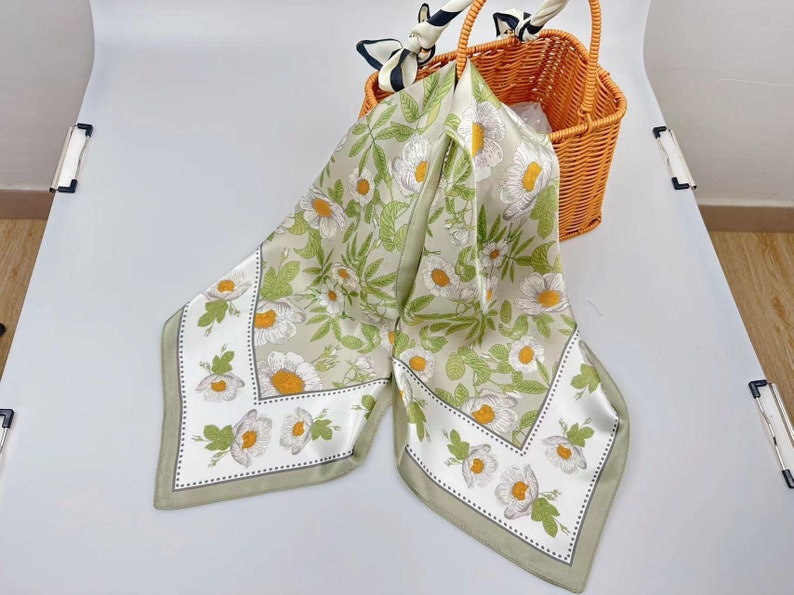News
The Revival of Handcrafted Ceramics: A Sustainable Choice for Eco-Conscious Consumers
In an era where environmental concerns are at the forefront of consumer choices, handcrafted ceramics are emerging as a leading option for those seeking sustainable home décor solutions. This revival of artisanal pottery reflects a broader shift towards mindful consumption and environmental responsibility.
Embracing Eco-Friendly Practices
Handcrafted ceramics are gaining traction due to their inherent sustainability. Unlike mass-produced ceramics, which often rely on industrial processes and non-renewable resources, handmade pottery frequently utilizes locally sourced materials and traditional techniques that have a lower environmental impact. Artisans often employ natural glazes and energy-efficient kilns, which reduce the carbon footprint associated with their production.
Many ceramicists are also adopting practices such as upcycling and zero-waste production. By repurposing materials and minimizing waste, these artisans contribute to a more sustainable craft. For instance, broken ceramics are sometimes crushed and reformed into new pieces, demonstrating a commitment to reducing waste and maximizing resource use.
Aesthetic and Functional Benefits
In addition to their environmental benefits, handcrafted ceramics offer unique aesthetic and functional advantages. Each piece is a work of art, reflecting the skill and creativity of its maker. The individuality of handmade pottery sets it apart from factory-produced items, providing consumers with distinctive, one-of-a-kind products.
Moreover, the durability of high-quality ceramics means that these items often have a longer lifespan than their mass-produced counterparts. Investing in well-made, timeless pieces not only reduces the need for frequent replacements but also supports a more sustainable approach to home décor.
Supporting Local Artisans
Choosing handcrafted ceramics also supports local artisans and small businesses. By purchasing these products, consumers contribute to the livelihoods of skilled makers who are dedicated to preserving traditional craftsmanship and contributing to the local economy. This act of supporting small-scale production helps sustain local cultures and traditions while fostering a more equitable economy for artisans around the world.

